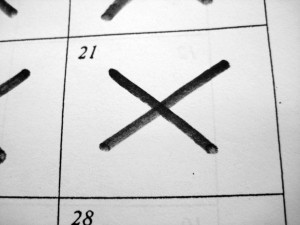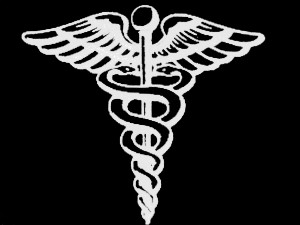Most of us have habits we would like to change or can think of things we should be doing more consistently to improve our lives. Some of us would like to quit smoking, maybe become more active, eat more fruits and vegetables, floss our teeth on a regular basis, or even turn the television off and challenge our children to a game of chess. It’s a common belief that if you can change a behavior for twenty-one days, it will likely stick. Just for fun, as I often do, I searched the internet to see what was out there on this topic. I came across this from someone who really believes it takes twenty-one days to develop a habit: “In order to ensure behavior change, experts agree that it takes a minimum of twenty-one days to change a behavior.” The “to ensure” and “experts agree” portions of this statement were very interesting. I immediately thought of my father, who quit smoking cold turkey after thirty years of smoking one to two packs of cigarettes a day. He changed his behavior in a day and has never smoked since; that was about thirty years ago. I also think of many friends and acquaintances who were able to stop smoking, drinking, or gambling for more than twenty-one days only to fall back into their old addictive behaviors, sometimes even after months or years had gone by. Most of us know individuals who start an exercise program and do it religiously for weeks or months, only to eventually fall back into their sedentary lifestyle. An article by Webb and colleagues (2009) on breaking unwanted habits explored some strategies for changing unwanted behaviors; it also mentions factors that might make breaking those habits more difficult. I could find no reference, however, to the idea of its taking twenty-one days to either develop or break a habit in this article or any of the other scientific articles I reviewed.
Reference:
Webb, T., Sheeran, P., and Luszczynska, A. Planning to break unwanted habits: Habit strength moderates implementation intention effects on behavior change. British Journal of Social Psychology (2009), Vol 48, pp. 507-523.


